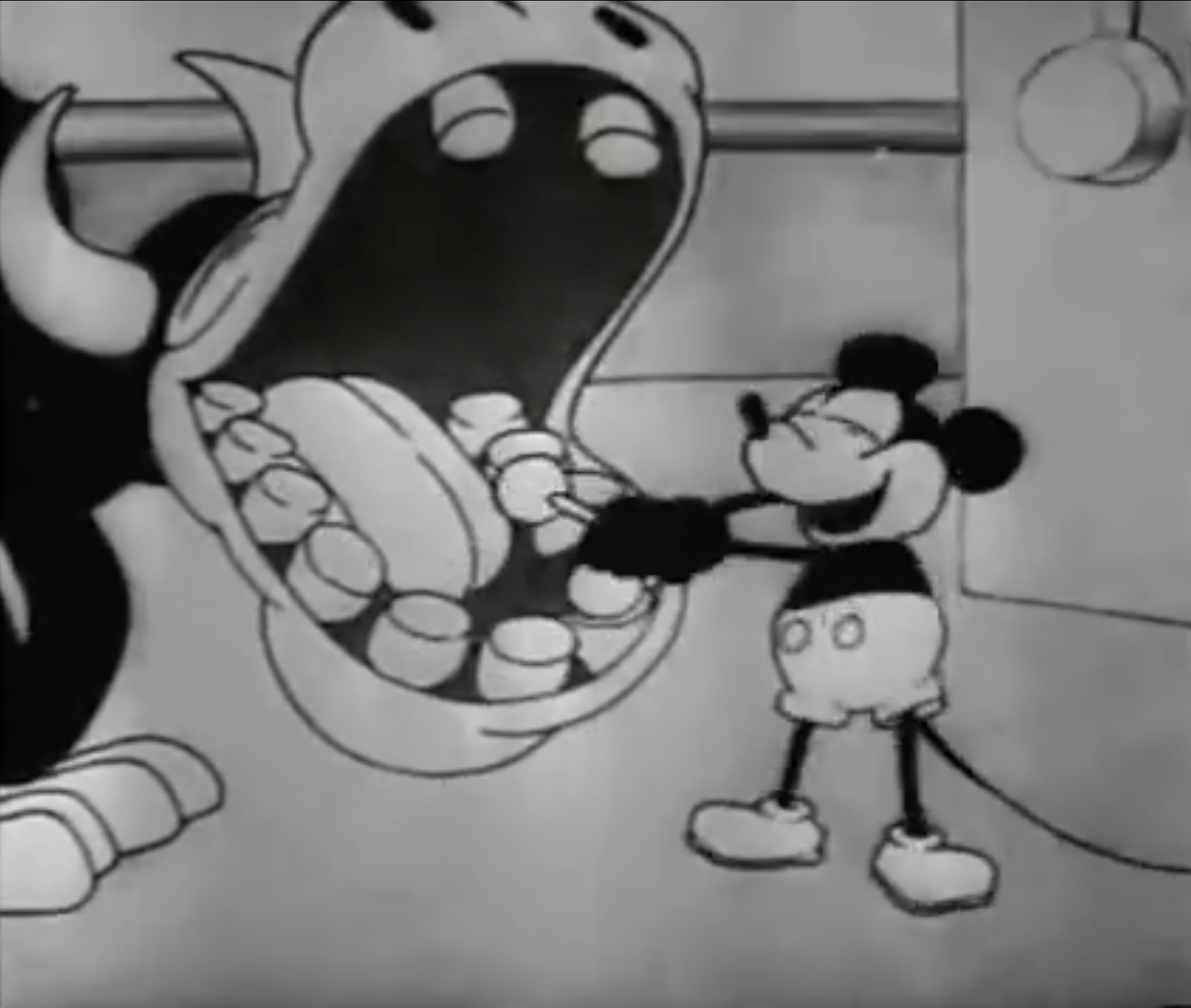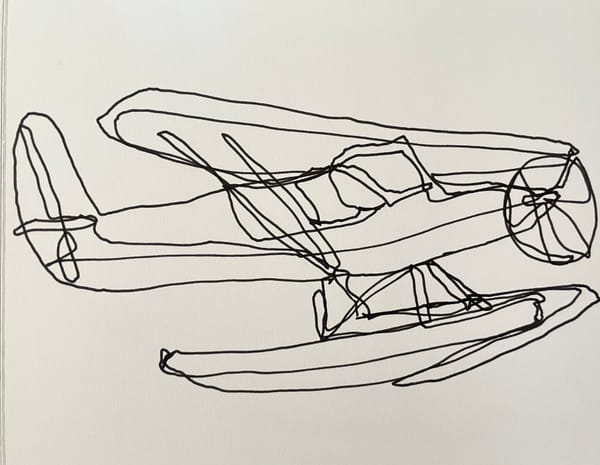The public domain and the continuum of human creation

On January 1st, all works of 1929 fell into the public domain—meaning their copyrights expired. Time has now gifted us the 1920's, and that's a wonderful thing. The 1920's was a formative decade for the advancements for media as we know it today, including cinema, radio and the music industry. Given how media-heavy life is now, I can't help but feel a sense of nostalgia for humanity, as if these are our baby videos being played back to us at an embarrassing Sunday lunch. It's some of the most exciting baby steps, including silent film, the first recordings of Louis Armstrong, and the debut of Mickey Mouse.
It's a fun little thought experiment, like we are tethered by an arbitrary law between now and 95 years back. Each year that passes unveils new gifts from 95 years before. Yet, 2025 is also wielding gifts in a similar but very different kind of way. In sharp juxtaposition to Walt's clever animations, I created a video with a a rather smart Artificial Intelligence (now my intro bit to the YouTube channel).
With one foot in each century, the thing that is striking is progress. From those baby steps to our rather impressive dystopian machine. But the thing that's got me thinking, is that this progress is not our progress, it's our stuff's progress. As Yuval Noah Harari points out, we are cognitively the same human beings as we were in the stone age. It's not us that have become smarter, but the cumulation of our knowledge and resultant technologies have rapidly progressed what we can do. I have to catch myself sometimes thinking that 2025 Warwick is smarter than my 1929 equivalent. We're the same smart, just doing different things in the continuum of knowledge.
In regards to creativity, I can't help but be thankful of the knowledge that's filled my tool box. I get to create on the shoulders of our predecessors who figured out pigment and how to put it into tubes, or Brunelleschi who solved how to depict three dimensions in two-dimensional planes. Our knowledge is taken for granted in the context of our technology. At the same time our perceived sense of impressiveness and ability is likely over-indexed.
This is apparent in one aspect of life that remains unmoved by technology, and that is the human experience. Just read the 2000-year-old self-help book, Meditations by Marcus Aurelius, you realize we're the same humans with the same shared human experiences, only technologies differ. And as difficult as it is to contemplate my Roman predecessor, it's surprisingly easy to relate. It's striking to me to consider this expanse of time and find we're just the same. We are storytellers, innovators, and dreamers, connected across generations with our technologies. The technologies may evolve, but the human spirit—our ability to imagine, to create, to understand—remains beautifully, remarkably constant.
It's cool that we can tap into the 1920's without worry, but it's left me feeling like it represents something more than just a historic archive. It's a tether between humans having a similar experience then, to what we have now. It's a thought that makes me feel kind of small, like staring at the stars—but it feels good to be small, because it feels like I'm connected to something bigger.
Just humans creating things, then and now.
Warwick :)

